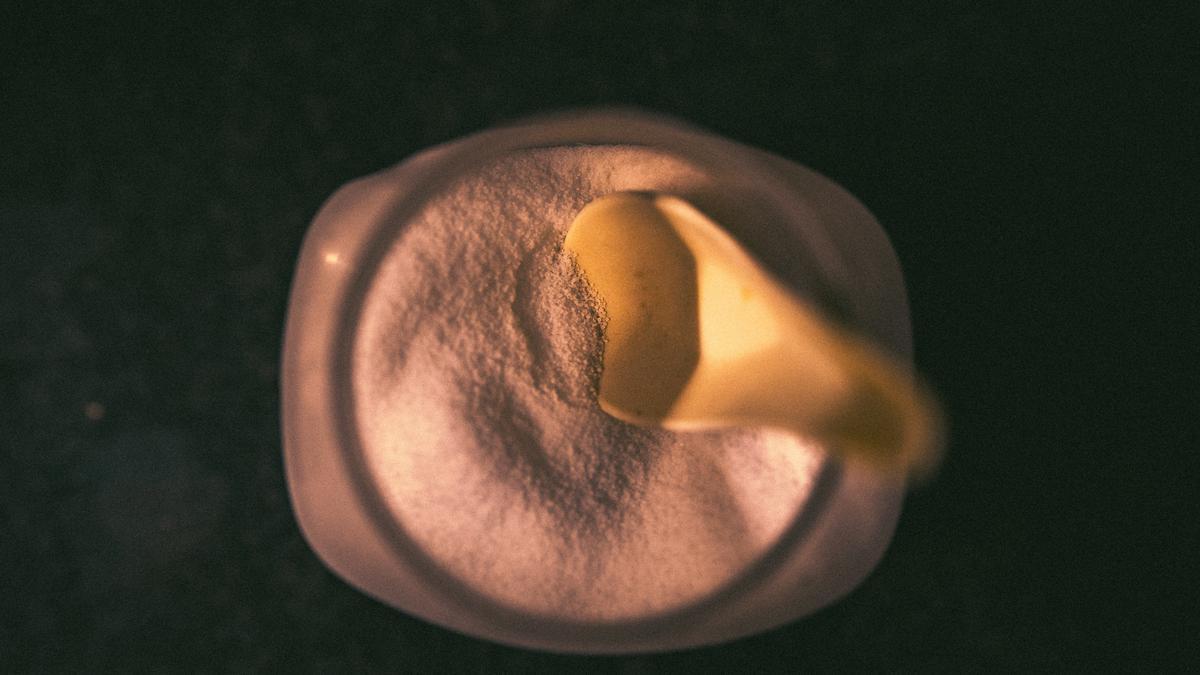
Explained | What does aspartame being ‘possibly carcinogenic’ mean? Premium
The Hindu
While the IARC grading system assesses the hazards with a substance for carcinogenicity, it does not measure the risk of cancer itself, as with aspartame.
The World Health Organization (WHO) recently declared aspartame, an artificial sweetener used in the food industry, as a possible carcinogen. Substances that potentially cause cancer are called carcinogens.
Aspartame is present in a wide range of food products – sugar-free diet soda, ice tea, ice cream, low fat yoghurt, cereals, and medicines such as chewable vitamins. In fact, it is quite difficult to avoid consuming at least some amount of aspartame in our diet.
The announcement from WHO has created a lot of buzz, and with it, some anxiety. Are we unwittingly exposed to a carcinogen?
There is more to this than meets the eye. The devil, as always, is in the details.
The report in which aspartame was evaluated – and several such declarations that christen a substance as being carcinogenic – are authored by a committee of experts under the authority of the International Agency for Research on Cancer (IARC).
The agency, headquartered in Lyon, France, was established under the WHO in 1965 with a mandate to study the causes of cancer. To date, the IARC has assessed more than a thousand substances or putative risk factors for their roles in carcinogenesis.
In order to create a common reference point for the recommendations that arise from the deliberations of the expert working committees, the IARC uses a grading system.

 Run 3 Space | Play Space Running Game
Run 3 Space | Play Space Running Game Traffic Jam 3D | Online Racing Game
Traffic Jam 3D | Online Racing Game Duck Hunt | Play Old Classic Game
Duck Hunt | Play Old Classic Game











